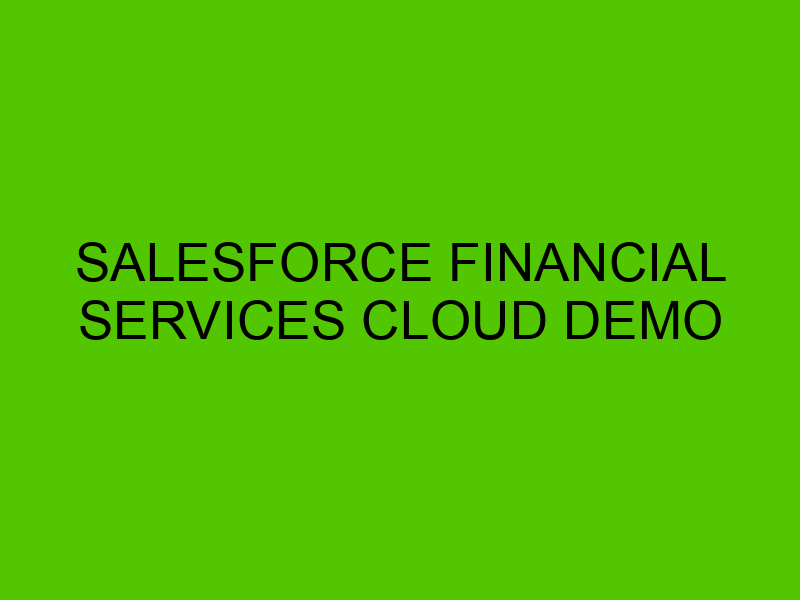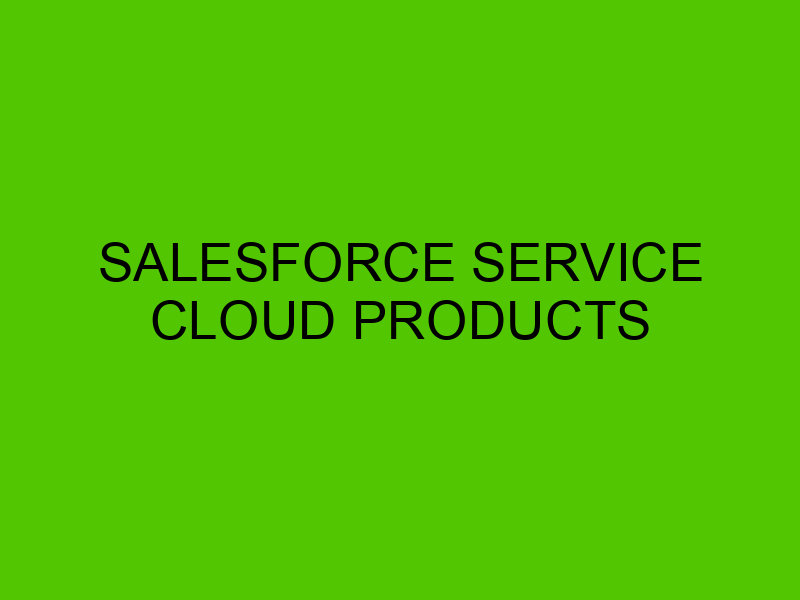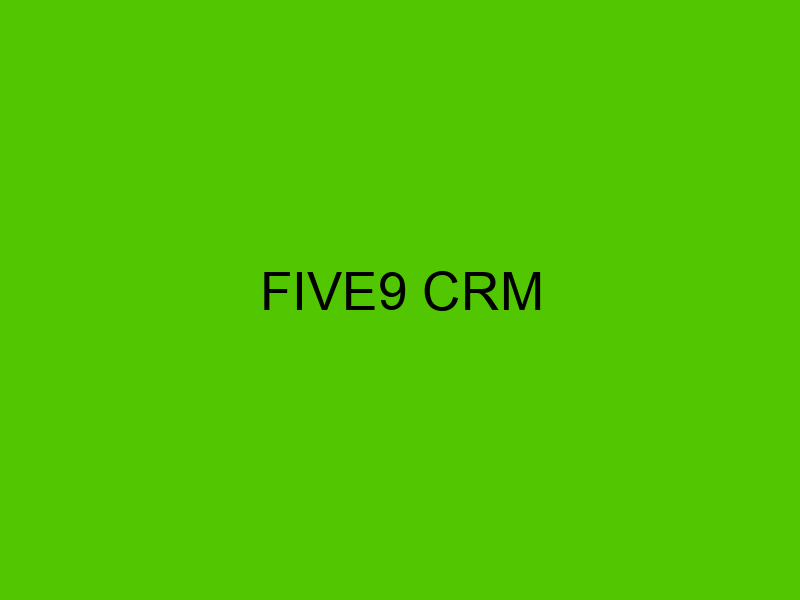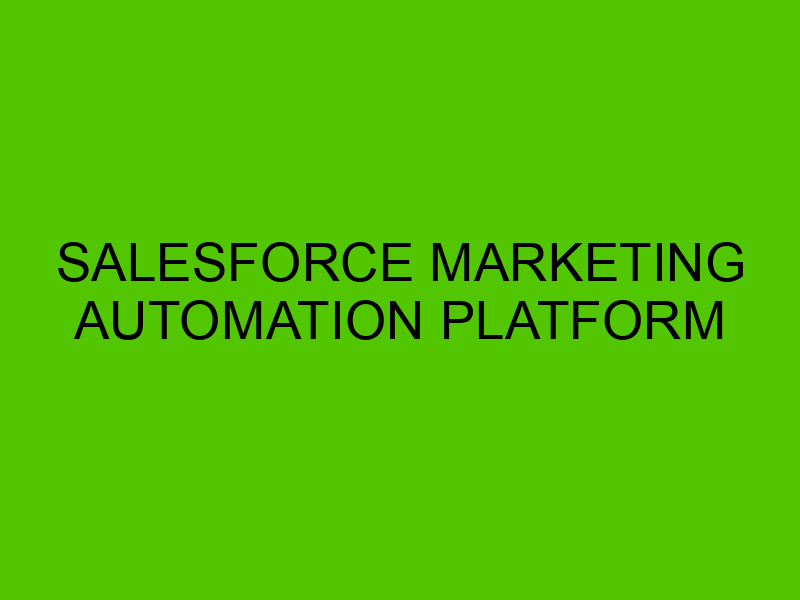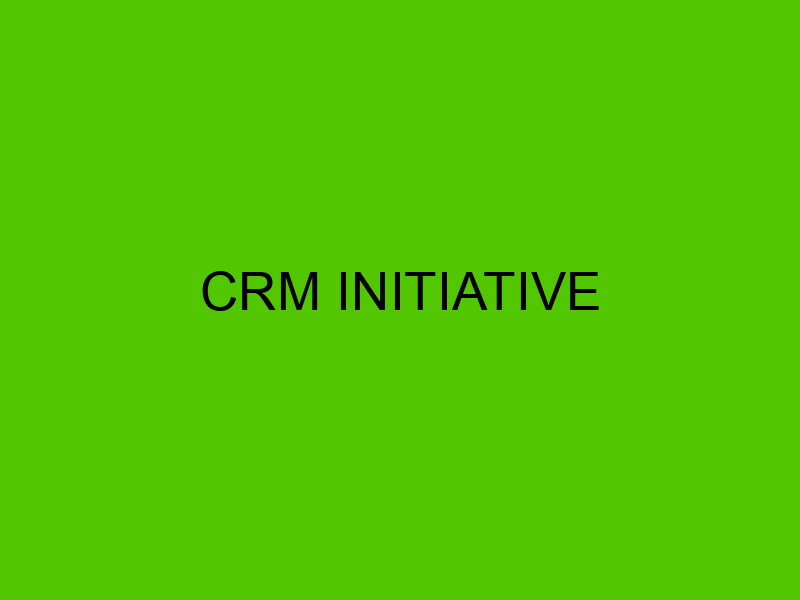CRM Cloud Solutions
“Maximizing Your Customer Relationship Management: Exploring the Advantages of CRM Cloud Solutions”
What is CRM Cloud Solutions
CRM Cloud Solutions are a must-have for any business that wants to stay competitive and relevant in today’s digital age. It is a comprehensive technology that allows businesses to store, organize, and analyze customer data, which includes basic information, customer interaction history, purchase history, and other important details.
With CRM Cloud Solutions, businesses can tailor their interaction with their customers. It ensures that customers receive the right communication at the right time. It also enables businesses to personalize the messages they send to their customers. The system provides real-time insights into customer behavior, enabling businesses to make informed decisions. With this technology, businesses gain a competitive edge by ensuring that customer data is always up-to-date, accurate and instantly accessible from anywhere.
The benefits of CRM Cloud Solutions go beyond just data management. The technology also enables businesses to automate certain processes, making work simpler and more efficient. It helps companies manage sales pipelines, track customer interactions and automate marketing campaigns. With a CRM Cloud Solution, businesses can set up reminders about important tasks, and automate follow-up communication. This ensures businesses don’t miss any opportunities for growth and progress.
CRM Cloud Solutions are cloud-based, meaning that businesses can access them from anywhere with an internet connection. This makes it flexible, as businesses can operate from anywhere using any device. In addition, cloud-based systems offer greater security and more reliable backups, which means that businesses never lose vital customer information. This is especially helpful for businesses that are always on the go, or have employees spread out in different geographical areas.
Another advantage of CRM Cloud Solutions is that they are highly customizable. Businesses can set up the system to suit their exact needs, by choosing the features that are most important to them. Some CRM Cloud Solutions also allow businesses to set up multiple levels of access, ensuring that employees only have access to the parts of the system that they need. This provides an additional layer of security and ensures that sensitive customer information stays secure.
Finally, CRM Cloud Solutions can provide businesses with detailed analytics and insights, which they can use to improve their processes and grow their customer base. For example, businesses can use the analytics provided by the system to track which marketing campaigns are most effective, so they can focus their efforts on what works. They can also use this information to identify areas where their customer service can be improved and implement changes accordingly. By tracking and analyzing customer behavior and sales patterns, businesses can get a better understanding of the market and tailor their efforts accordingly, leading to increased profitability.
In conclusion, CRM Cloud Solutions are an essential technology for businesses that want to stay ahead of the competition and grow sustainably. This technology provides a wealth of advantages, extends capabilities, simplifies business processes, offers flexibility, and protects customer data. If you are a business looking to take full advantage of this technology, consider implementing CRM Cloud Solutions and enjoy the benefits of innovation the technology has to offer.
The Benefits of CRM Cloud Solutions
CRM Cloud Solutions are rapidly becoming the preferred choice for businesses worldwide due to the many benefits they offer. Adopting CRM Cloud Solutions allows companies to improve their workflow, streamline business processes, and reduce the cost of running a business. Here are some of the primary benefits businesses can expect when they incorporate CRM Cloud Solutions into their operations:
Real-Time Data Access
One of the most significant advantages that CRM Cloud Solutions offer is real-time data access. With the ability to access critical business information in real-time, companies can make informed decisions quickly and easily. This prompt access to data helps businesses stay ahead of competition and make critical decisions related to sales, marketing, and customer service. Employees can access the information they need from anywhere in the world, as long as they have an internet connection, which ensures that the entire team is on the same page and working towards the same goals.
Additionally, real-time data access enables businesses to provide better customer service. When companies have access to the customer’s purchase history, preferences, and interests, they can personalize interactions with the customer. For example, if a customer has been purchasing a particular product repeatedly, the system can send them notifications or promotions for related items. This personalized approach can help businesses build strong relationships with customers and improve retention rates.
Scalability
Another benefit of CRM Cloud Solutions is scalability. As businesses grow, they require additional resources to handle the increase in transactions and data processing. Traditional client-server systems require significant investments in hardware and software licensing to accommodate growth. In contrast, cloud-based solutions offer a scalable infrastructure that can grow with the business.
It is easier to scale up or down the resources with cloud-based solutions to accommodate changes in business size and requirements. Therefore, companies are saved from the cumbersome process of acquiring new servers, software licenses or investing in other hardware components which are only used occasionally.
Lower Costs
Deploying and maintaining on-premise systems can be expensive. On average, companies that adopt CRM Cloud Solutions report reduced operational costs in IT departments by approximately 40% and lower Total Cost of Ownership (TCO) by approximately 20-30% compared to on-premise deployments. A significant cost is the ongoing maintenance of the software and hardware systems, sometimes requiring specialized expertise, which can be costly for some businesses.
With cloud-based solutions, the vendor provides ongoing software updates and security improvements. Costs such as system administration, hardware maintenance, and software licenses are included in the subscription. As a result, companies can free up capital that could be directed towards other business investments such as marketing, research, and development, among others.
Improved Productivity
Cloud-based solutions enable companies to automate several business processes, which can improve productivity. Workflow automation minimizes errors, optimizes data feedback, and streamlines processes. As a result, employees can focus on tasks that require their expertise instead of engaging in repetitive and tedious tasks such as data entry. This not only minimizes errors such as double counting or incorrect data entry, but it also reduces the time needed to complete processes.
Additionally, cloud-based solutions provide employees with remote access to the office network, allowing them to work from anywhere in the world. This freedom helps companies retain their best talent, increase engagement, and increase employee satisfaction levels.
Conclusion
In conclusion, CRM Cloud Solutions provide businesses with a ton of benefits that contribute to the overall success of the enterprise. Incorporating these solutions into business operations enables businesses to have real-time data access, scalability, lower costs, and improved productivity; which can ultimately lead to enhanced customer satisfaction, reduced costs, and increased revenue.
The Features of CRM Cloud Solutions
CRM Cloud Solutions are a set of tools that offer businesses the opportunity to engage with their clients and increase their customer base through a number of sophisticated features. This offers a wide range of functionalities for efficient management of customer data and sales processes. Below are some of the features of CRM Cloud Solutions.
Sales Automation
Sales automation is one of the primary features of CRM Cloud Solutions. It provides businesses with the opportunity to monitor and automate all their sales activities through the entire sales cycle. This means that businesses will be able to keep track of their leads automatically and manage their pipelines efficiently. With sales automation, email templates, lead scoring, prospect tracking, and sales rep performance analysis can all be automated. This means that businesses can allocate more time to building their customer relationships and growing their revenue.
Marketing Automation
The marketing automation feature of CRM Cloud Solutions provides businesses with the opportunity to automate their marketing campaigns, so that they can reach out to their prospective clients in a targeted and personalized way. This feature allows businesses to automate email campaigns, create landing pages, track email responses, build lead nurturing workflows, and measure campaign performance. By using marketing automation, businesses can reduce the time, effort, and resources spent on marketing activities, while still achieving optimal results, delighting customers with their personalized messages, and increasing their return on investment.
Customer Service
The customer service feature of CRM Cloud Solutions is designed to help businesses offer personalized customer experiences throughout every interaction. It provides businesses with the tools they need to access customer history, develop customer cases, assign and track customer service requests, and to provide support in a timely manner. With customer service, businesses can manage their customer interactions, improve their customer satisfaction rates, and turn customers into loyal brand advocates. The centralized nature of CRM Cloud Solutions makes it easy for customer service teams to access all relevant customer data, which enables them to provide quick and efficient resolutions to any issues that might arise.
Social Media Integration
Social media integration is another vital feature of CRM Cloud Solutions. This feature enables businesses to connect with their audiences on social media platforms, and to leverage the power of social media to build relationships, gain insights, and create opportunities for engagement. It provides businesses with the tools they need to monitor customer conversations, analyze social media mentions, and engage with their audiences. By using social media integration, businesses can reach out to a wide audience, and engage with them in a more personalized and meaningful way.
Mobile Access
The mobile access feature of CRM Cloud Solutions allows businesses to access their data and information from anywhere, using any device. This feature offers businesses the flexibility to work on the go, and to stay connected with their teams and customers wherever they may be. With mobile access, businesses can get quick access to their database, respond to customer inquiries, and update customer information, all in real-time. This feature not only maximizes productivity but also ensures that businesses can keep up with their customers’ increasing demands and expectations.
Conclusion
CRM Cloud Solutions are an essential tool for businesses that want to streamline their processes, optimize their performance, and improve their customer satisfaction rates. Regardless of the size or type of business, these solutions can help organizations to manage their customer data, engage with their audiences, and maximize their revenue. By adopting CRM Cloud Solutions, businesses can better understand their customers, and grow their customer base, leading to increased success and profitability.
Types of CRM Cloud Solutions
Customer Relationship Management (CRM) Cloud Solutions are web-based software with the ability to manage customer interactions and keep track of customer data. There are three types of CRM Cloud Solutions: Software-as-a-Service (SaaS), Platform-as-a-Service (PaaS), and Infrastructure-as-a-Service (IaaS).
Software-as-a-Service (SaaS)
SaaS is a delivery model where software is hosted by a third-party provider and made available to customers over a network. For CRM, the software is accessible through a web-browser, which allows the data to be accessed anywhere and anytime with an internet connection. With SaaS, the provider handles all the infrastructure, maintenance, security, and upgrades, so the customers don’t need to worry about them. This type of CRM Cloud Solution typically offers a pay-as-you-go subscription model, which allows businesses to reduce upfront costs and scale up or down as needed.
Platform-as-a-Service (PaaS)
PaaS provides a platform for developers to build, test, and deploy applications without having to worry about the underlying infrastructure and software. For CRM, businesses can purchase a CRM platform and customize it to suit their specific needs. PaaS offers flexibility and scalability, allowing businesses to easily add or remove features as needed. This type of CRM Cloud Solution requires more technical skills than SaaS and may require the assistance of developers to set up and maintain.
Infrastructure-as-a-Service (IaaS)
IaaS provides businesses with access to virtual computing resources over the internet, such as servers, storage, and networking. For CRM, businesses can set up and configure their own CRM system on virtual machines in the cloud. IaaS offers high flexibility, allowing businesses to customize their CRM installations while still having the benefits of cloud-based computing. This type of CRM Cloud Solution requires more technical skills than SaaS and may require the assistance of IT professionals or system administrators.
Hybrid Cloud Solutions
Hybrid Cloud Solutions are a combination of two or more types of cloud solutions – SaaS, PaaS, or IaaS. For CRM, businesses may have their CRM system hosted on a private cloud, while still using a public cloud for additional computing resources. This type of CRM Cloud Solution offers businesses the best of both worlds – the flexibility and scalability of the public cloud, and the security and control of a private cloud. Hybrid Cloud Solutions require more technical skills to set up and require businesses to have a well-defined strategy to ensure they are effectively using both the public and private clouds to meet their CRM needs.
Conclusion
CRM Cloud Solutions offer businesses a range of options to manage their customer data. SaaS provides businesses with a simple and cost-effective solution, while PaaS and IaaS offer greater flexibility and customization options, but at the cost of requiring more technical skills to set up and maintain. Hybrid Cloud Solutions offer businesses the best of both worlds, but require a well-defined strategy to ensure they are effectively using both public and private clouds to meet their CRM needs.
It is important for businesses to carefully consider which type of CRM Cloud Solution is best for their needs. Factors such as cost, flexibility, scalability, security, and support should all be taken into account to make an informed decision.
Why Choose CRM Cloud Solutions?
For businesses to succeed today, they must embrace technology to make things easier and faster. Many companies have turned to Customer Relationship Management (CRM) to help them manage their customer relationships better. However, in today’s digital era, traditional CRM systems are not enough to keep up with fast-paced business processes. As such, CRM Cloud solutions have become the go-to solutions to help businesses manage their customer relationships effectively and streamline their processes.
Evaluating Your Business Needs
The first step to choosing the right CRM cloud solution is to evaluate your business needs. Determine which processes are currently in place and which ones need improvement. Knowing what you need will help you narrow down your options and choose a CRM solution that will address your specific needs. Additionally, you need to consider factors such as your business’s size, location, and industry. All these factors can affect the CRM solution that is most suitable for your business.
Choosing the Right Vendor
Once you have established what your business needs are, the next step is to choose the right vendor. It is essential to research and compare various vendors to find a solution that offers the best value for money. Consider factors such as pricing, customization options, reviews, and industry expertise. The chosen vendor should be able to provide a solution that meets your business needs with exceptional customer support. Look for vendors that can provide tangible evidence of their experience and expertise.
Defining Goals
After selecting the right vendor, the next step is to define clear goals. Define what you want to achieve with the CRM cloud solution. Ensure that your objectives are specific, measurable, attainable, relevant, and time-bound. To do this, involve all relevant stakeholders in the process to outline the results you expect to achieve. Setting goals is critical in measuring the CRM cloud solution’s effectiveness and ensuring that it aligns with your overall business strategy.
Staying Within a Budget
Implementing a CRM cloud solution requires a significant financial investment and, therefore, businesses need to consider their budget. Avoid going for the most expensive option on the market as it may not necessarily offer the best value for money. Choose a solution that fits your budget and provides the functionality and scalability your business needs. When planning your budget, remember to include all costs associated with the implementation process, such as hardware upgrades, training, and maintenance fees.
Conclusion
Choosing the right CRM cloud solution for your business requires careful evaluation of your business needs, choosing the right vendor, defining clear goals and objectives, and staying within a budget. By prioritizing these steps, your business will be able to provide your customers with the ultimate customer experience, streamline your processes, and drive growth. So, go ahead and choose the best CRM cloud solution for your business today and take your business to the next level.
Implementing CRM Cloud Solutions
Customer Relationship Management (CRM) is an essential function of any organization, as it helps build and manage relationships with customers. Implementing a CRM cloud solution enables businesses to access customer data from anywhere and anytime, helping them understand their customers better and offer personalized services. However, implementing CRM cloud solutions requires a lot of planning, training, customization, integration, and testing to ensure a smooth adoption process.
Planning
The planning process for implementing a CRM cloud solution involves defining goals, identifying the scope of the project, creating a project schedule, and budgeting. This helps the organization understand what they want to achieve, what resources are required, how long the implementation will take, and how much it will cost. The planning phase also involves identifying a project manager who will be responsible for the implementation process.
During the planning phase, it is essential to perform a thorough needs analysis to evaluate the organization’s current CRM processes, identify gaps, and determine what features and functionalities are essential in the new system. This analysis assists in selecting the right type of CRM cloud solution and preparing a detailed implementation plan.
Training
The success of a CRM cloud solution relies on how well the employees are trained to use it. Therefore, it is crucial to have a robust training plan for all employees who will be using the system. The training should start with explaining to the employees why the organization is moving to a new CRM solution, how it will improve their work, and how they can benefit from it.
The training should cover the functionalities of the new system, how to enter and update customer data, how to create reports, and how to communicate with customers using the system. The training should not be a one-off event but rather an ongoing process to ensure that all employees are comfortable using the system and are well equipped to handle any challenges that may arise.
Customization
Organizations have unique needs, and therefore a “one size fits all” approach to CRM cloud solutions may not be appropriate. Customizing the CRM solution to fit the specific needs and processes of the organization is essential. This involves adding or removing features, modifying configurations, and integrating with other systems that the organization uses.
Customization can be done during the implementation phase or after the system is live. The customization process should be well documented, and any customization done should not affect the system’s integrity and security.
Integration
Organizations use various systems to manage their operations, such as billing, accounting, and marketing automation systems. Integrating these systems with the CRM cloud solution is critical to ensure that there are no silos of data, and all relevant data is available to all systems.
The integration process involves identifying the systems to be integrated, defining the integration points and data flow, and selecting the right integration tools and technologies. The integration process should be planned and executed carefully to ensure that there is no loss of data during the transfer process and that all systems are synchronized in real-time.
Testing
Testing is essential to ensure that the CRM cloud solution is working correctly and is meeting all the organization’s requirements. The testing process involves creating test scenarios, testing the system in different environments, identifying and fixing bugs and errors, and ensuring the system is scalable and can handle the organization’s growth.
The testing process should involve all stakeholders, including end-users, IT support staff, and management, to ensure that everyone is satisfied with the system’s performance. The testing phase should be comprehensive, and all issues identified during the testing process should be resolved before launching the system.
In conclusion, implementing a CRM cloud solution requires careful planning, training, customization, integration, and testing to ensure a successful adoption process. By following these steps, organizations can ensure that the system is reliable, secure, and meets their specific needs and requirements.
1. The Rise of Artificial Intelligence in CRM Cloud Solutions
Artificial Intelligence (AI) is becoming increasingly prevalent in CRM Cloud Solutions, enabling businesses to automate routine tasks and provide more personalized customer experiences. AI-powered tools can analyze customer data and provide insights on behavior patterns, preferences and purchase history. This information can be used to tailor marketing campaigns, provide personalized product recommendations, and improve customer service through chatbots. AI can also predict potential customer issues, allowing companies to proactively address them. As AI technology continues to advance, CRM Cloud Solutions will be able to offer even more advanced features to enhance the customer experience.
2. Integration with Other Business Systems
CRM Cloud Solutions are increasingly being integrated with other business systems, such as marketing automation, e-commerce, and accounting. This integration streamlines processes, eliminates duplicated efforts, and increases productivity by creating a single source of truth for customer data. By combining data from multiple systems, businesses gain a deeper understanding of customer behavior and preferences. Integration of different systems also enables businesses to provide more personalized and targeted marketing campaigns to customers, thereby increasing revenue.
3. Mobile CRM Cloud Solutions
With the growing number of mobile users, CRM Cloud Solutions are becoming increasingly mobile-friendly. Mobile CRM Cloud Solutions provide sales representatives with remote access to customer data, allowing them to work more efficiently outside the office. They can easily update customer information, track leads, and manage their schedules. Mobile CRM Cloud Solutions also allow managers to track performance and sales funnel progress from their mobile devices.
4. Increased Security Measures
CRM Cloud Solutions are reliant on cloud technology and, as such, increased security measures are necessary to safeguard customer data. Many CRM Cloud Solutions are now employing advanced security protocols such as two-factor authentication, encryption, regular system backups, and firewalls to prevent data breaches. Vendors are also providing customers with tailored security solutions such as role-based access, account lockout policies and data retention policies.
5. Advanced Analytics Capabilities
CRM Cloud Solutions are becoming more sophisticated in their analytics capabilities, providing businesses with valuable insights into customer behavior. Advanced analytics tools such as predictive analytics, machine learning and data visualization help businesses gain a deeper understanding of customer behavior and preferences, enabling them to identify cross-selling and upselling opportunities, and optimize their marketing campaigns.
6. Increased Importance of Customer Experience
As competition grows, businesses are realizing the importance of providing an exceptional customer experience. CRM Cloud Solutions are designed to help businesses achieve this by providing a centralized source for customer data. This enables businesses to deliver personalized and relevant customer experiences, which is key to building customer loyalty and increasing revenue. By leveraging customer data, businesses can anticipate and address potential issues, proactively communicate with customers, and gain insights into customer preferences.
7. Customization of CRM Cloud Solutions
As businesses grow, they require increasing customization of their CRM Cloud Solutions to meet unique business needs. Many CRM Cloud Solutions vendors now offer customization features that allow businesses to tailor their CRM to their specific requirements. Customization features can include adding or removing fields, creating custom reports or dashboards, and custom workflows. By allowing businesses to customize their CRM, they can streamline their processes, reduce duplicated efforts and gain deeper insights into their customer data.

